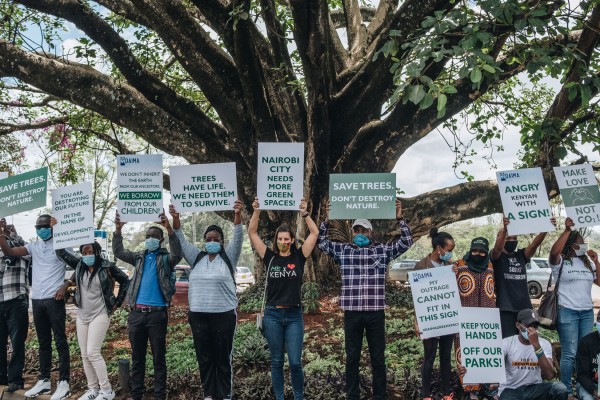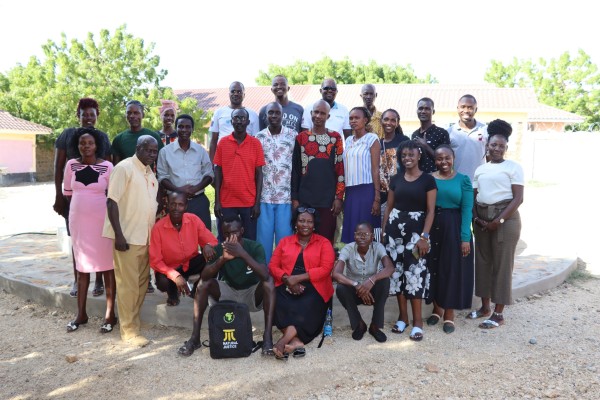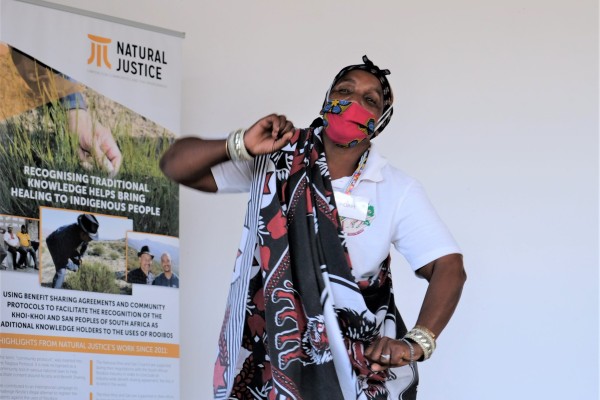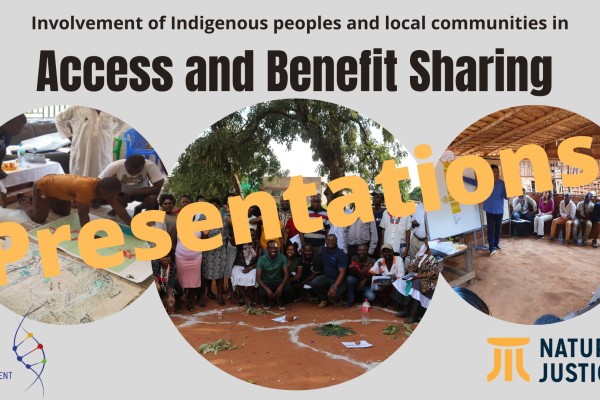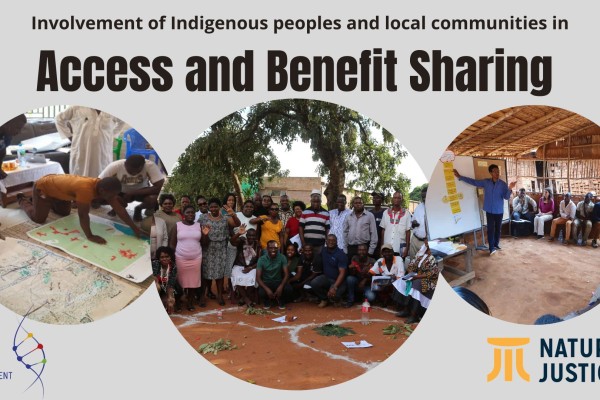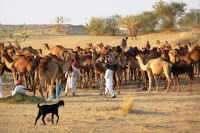
Gino Cocchiaro and Kabir Bavikatte from Natural Justice were in India to provide input for a workshop on Biocultural Community Protocols for Livestock Keepers. The workshop was organized by LIFE Network India, Lokhit Pashu Palak Sansthan and the Rain-fed Livestock Network. The workshop was attended by a number of key organizations across India working with pastoralists and livestock keepers and representatives of the government and scientific sector. The workshop also included representatives of livestock keepers organizations from Philippines, Uganda, Argentina and Kenya (international members of the LIFE Network).
Kabir Bavikatte presented on the ‘Background and Rationale of Community Protocols’ and ‘Biocultural Protocols and the International Regime on Access and Benefit Sharing’. The presentations were very well received and sparked off an interesting discussion about the role of Biocultural Protocols in securing livestock keepers rights in India. Experiences were also shared on how the Raika Protocol has been used in an Indian context to assert the grazing rights of the Raika in the Kumbalgarh forest.
Natural Justice was also presented with the Lingayat Biocultural Protocol that was developed by the Lingayat community in Tamil Nadu to protect their indigenous breeds of cattle. Copies of the Raika Protocol that had been translated into Hindi and the Lingayat Protocol that was translated into Tamil were also available to the participants. The high point of the workshop was an overwhelming agreement amongst the participating organizations that a momentum can be built around livestock keepers rights by developing a number of protocols with livestock keeping communities assert their rights to their breeds, ways- of life and ecosystems. Natural Justice was approached by the Maldhari livestock keepers of Kutch who have conserved the indigenous Banni buffalo and the Kangayam cattle breeders of Tamil Nadu to support them in developing their own biocultural protocols in 2010.

